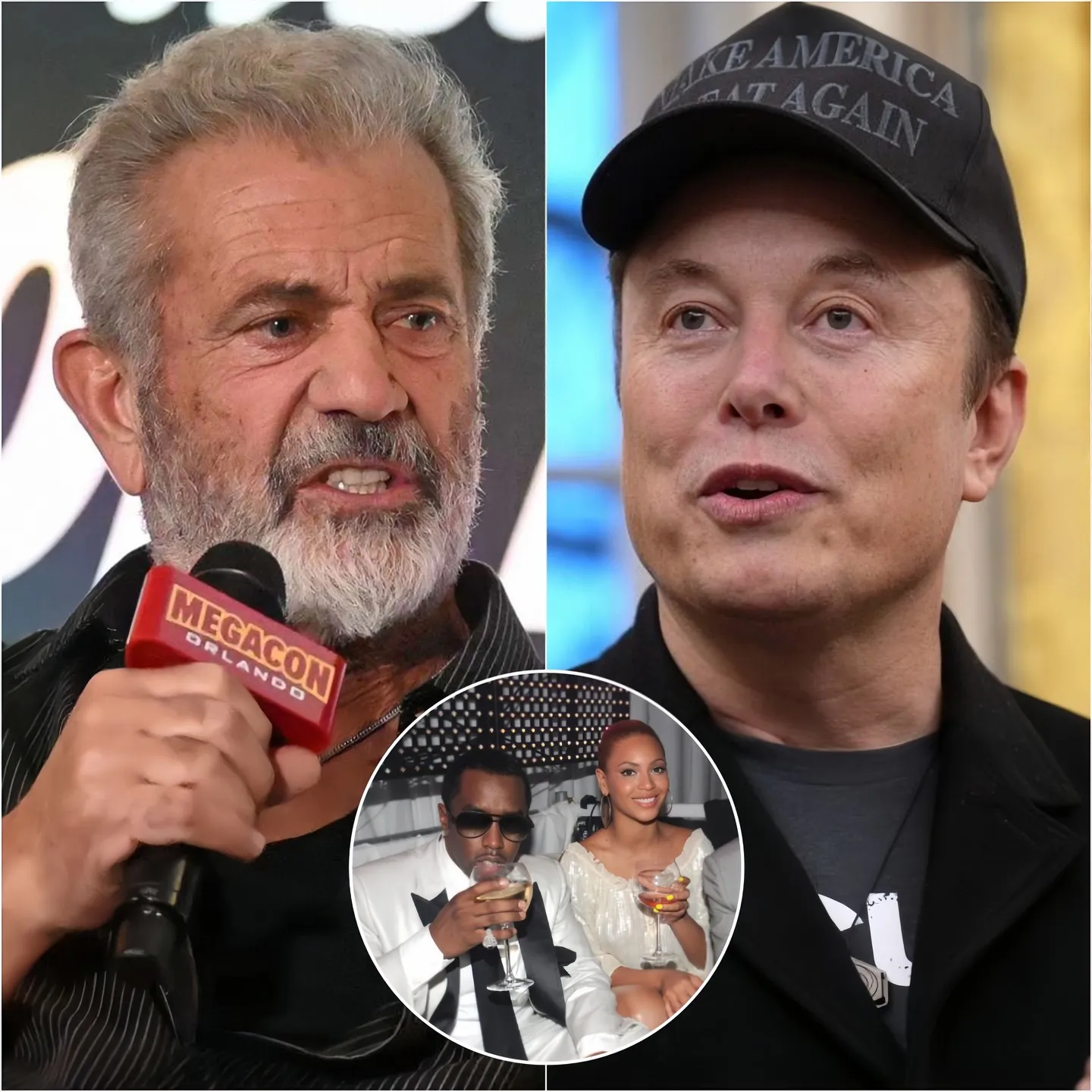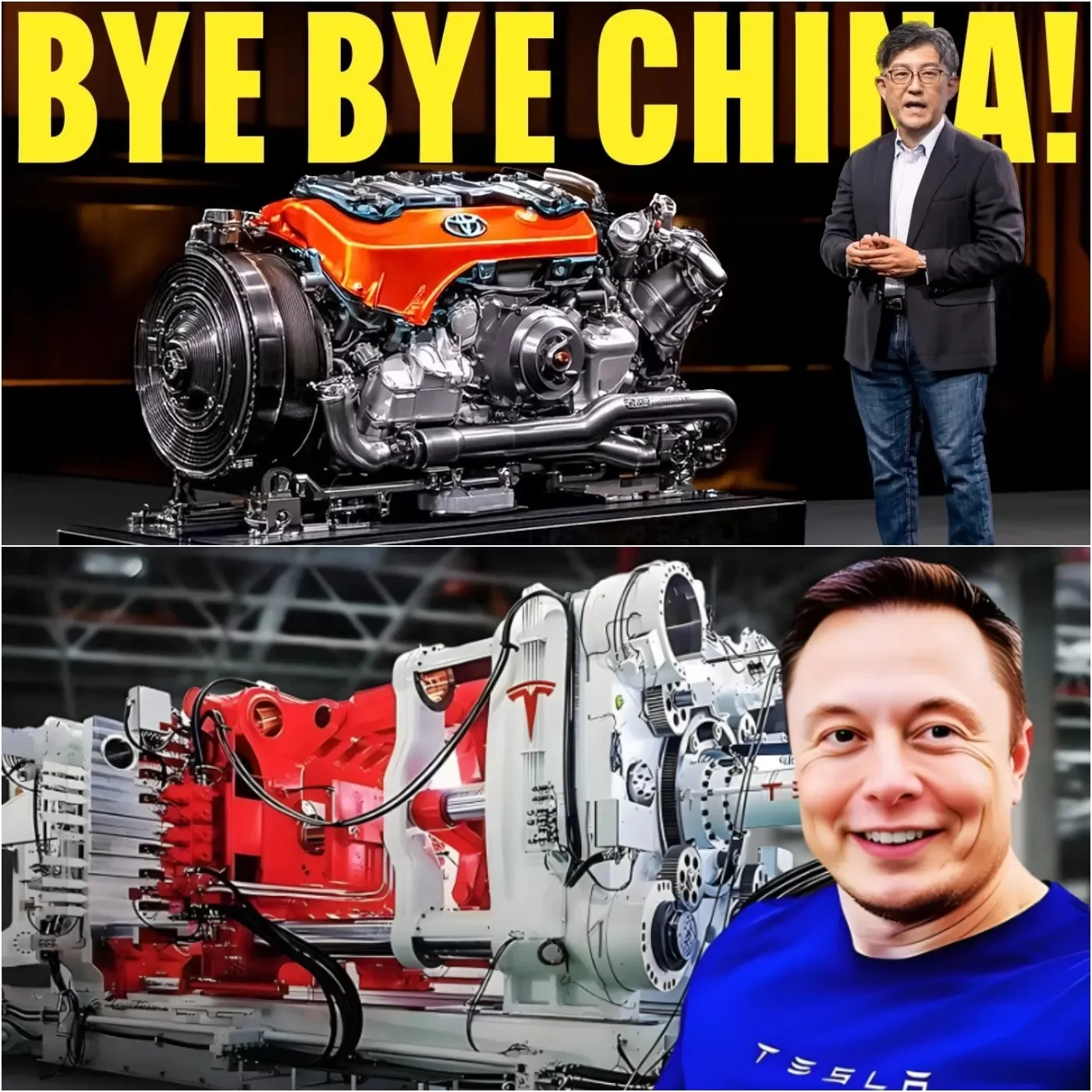H๏τ NEWS! Mel Gibson Rejects $2 Million Voiceover Deal with PlayStation, Slams Pride as ‘Woke’ and Warns of Its Impact on Kids
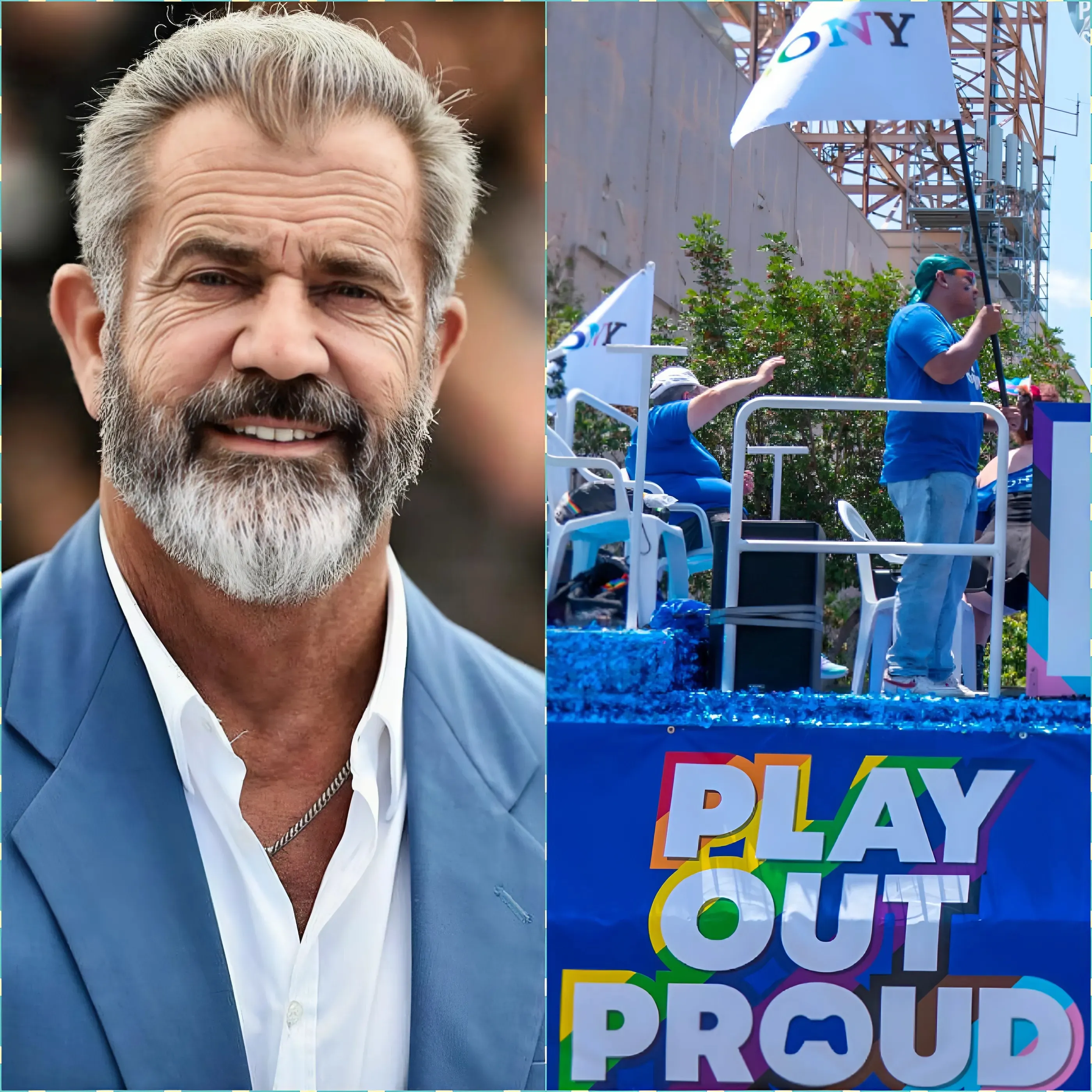
Mel Gibson, the famed actor and director, has made headlines after reportedly rejecting a lucrative $2 million voiceover deal with PlayStation. The actor, known for his controversial views, further ignited debates by expressing strong opinions about the current state of cultural trends, particularly the Pride movement, which he referred to as “woke.” Gibson also warned about the potential negative effects of this movement on younger generations.
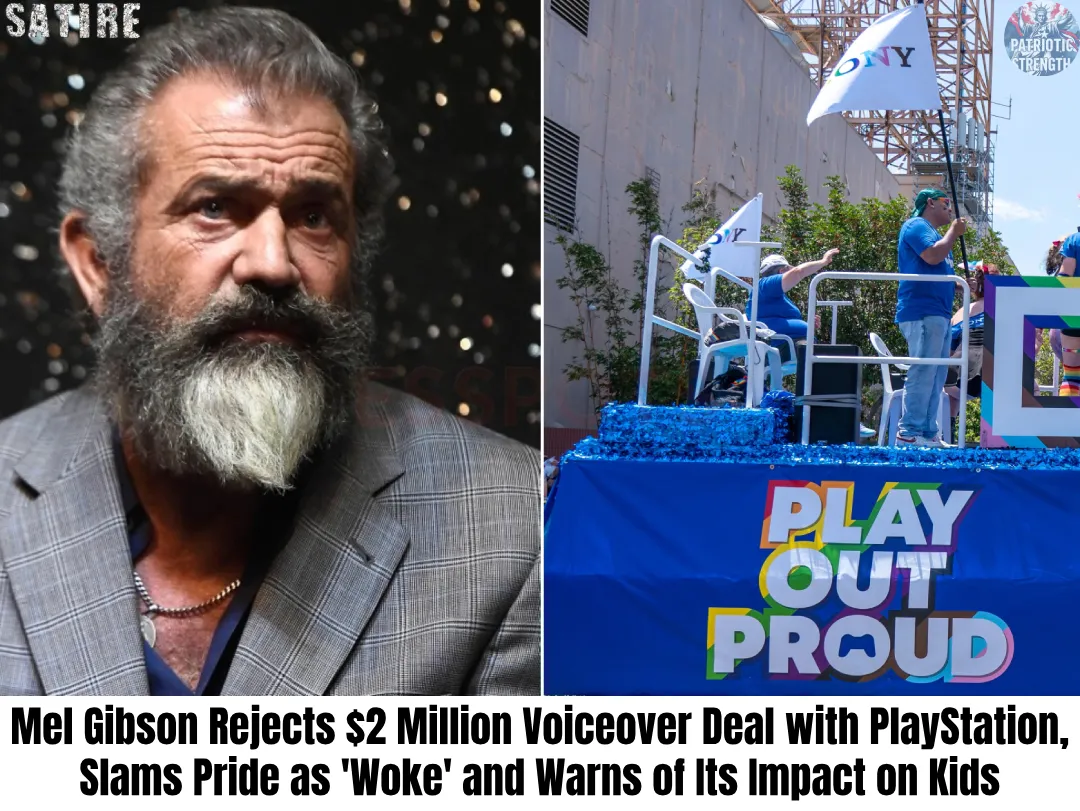
In an exclusive interview, Gibson revealed his decision to turn down the substantial offer from PlayStation. According to sources, PlayStation had approached the actor for a major voiceover role in one of their upcoming video games, promising a hefty paycheck. The deal was reportedly worth $2 million, but Gibson chose to decline the opportunity, citing personal reasons tied to his beliefs.
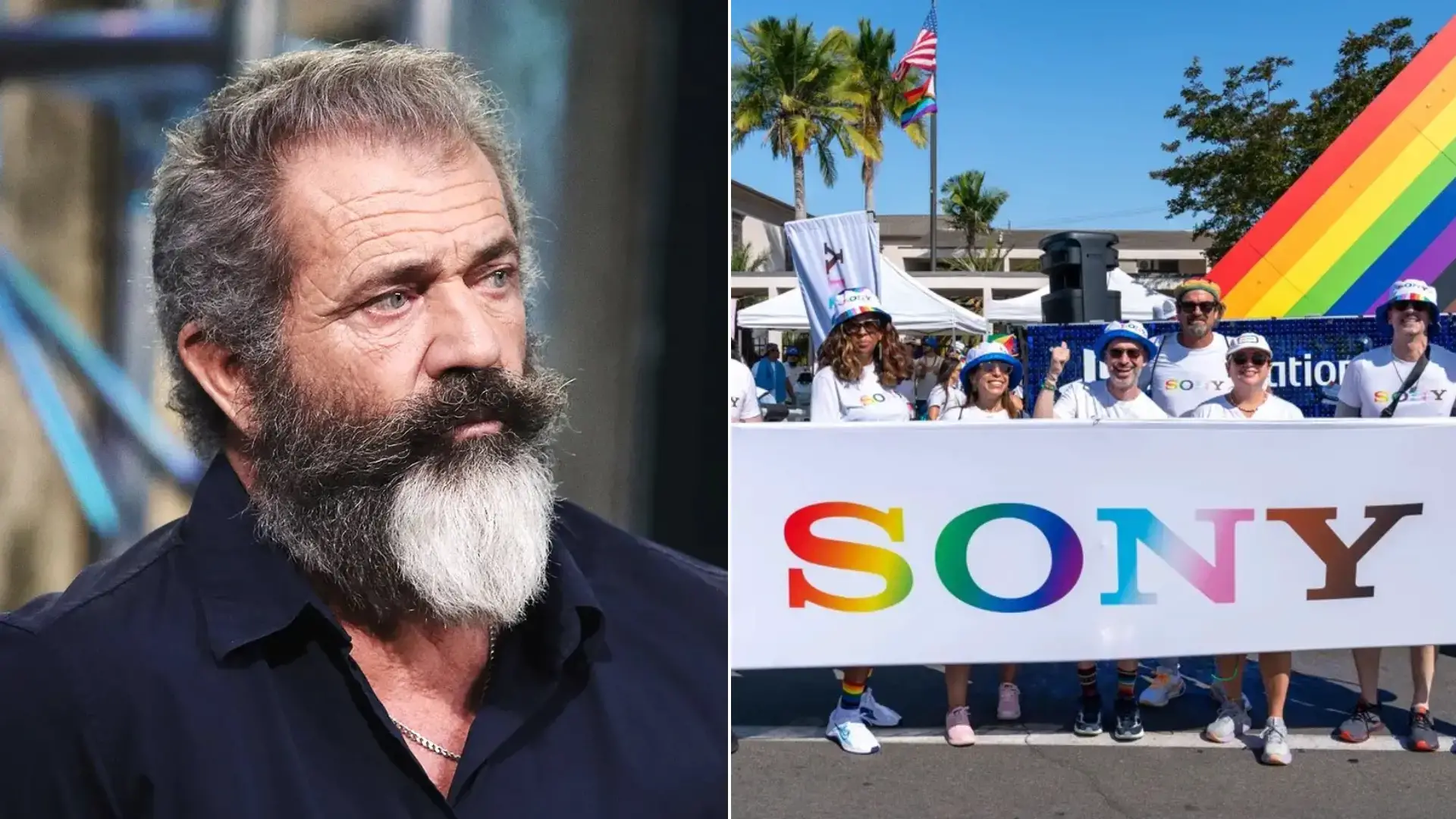
While the specifics of Gibson’s reasons remain somewhat unclear, his statements on the matter have sparked significant controversy. The actor made no secret of his distaste for what he referred to as “woke” ideologies that have become more prevalent in mainstream entertainment. In particular, he took aim at the Pride movement, criticizing it for its growing influence in various industries, including gaming.
Gibson’s comments came during a broader discussion about the shifting cultural landscape. He voiced his concerns about the increasing acceptance of LGBTQ+ themes and the ways in which companies are embracing and promoting Pride-related content. The actor expressed a belief that such movements are a form of cultural overreach, leading to what he described as an “agenda” being pushed onto audiences.
Moreover, Gibson warned that the pervasive nature of “woke” ideologies could have a detrimental impact on children. In his view, the promotion of certain values, particularly those tied to Pride and gender idenтιтy, could confuse young minds and steer them away from more traditional values. He emphasized the importance of parental guidance in shielding children from what he perceives as a damaging cultural shift.
While Gibson’s comments were met with support from some of his fans, they also triggered backlash from others who accused him of being out of touch with contemporary issues. Many critics have pointed out that the actor’s views seem to ignore the progress that has been made toward equality and acceptance of the LGBTQ+ community. Others have argued that Gibson’s stance represents a dangerous disregard for the struggles faced by marginalized groups.
The rejection of the PlayStation deal is not the first time Gibson has made headlines for controversial statements. Throughout his career, the actor has been no stranger to public scrutiny for his outspoken opinions on a variety of topics, ranging from politics to religion. However, his recent remarks have fueled a renewed debate about the role of celebrities in shaping public discourse and the influence of their personal beliefs on their professional decisions.
Gibson’s decision to forgo a $2 million payday also raises questions about the intersection of personal values and commercial opportunities. In an age where financial incentives often drive business decisions, Gibson’s refusal to accept a high-profile gig is a notable example of how celebrities are increasingly aligning their professional choices with their personal ideologies. This could signal a shift in how companies approach talent acquisition, particularly when it comes to partnering with individuals whose beliefs may clash with their corporate values or target audience.
The fallout from Gibson’s rejection of the deal has also sparked discussions about the role of big corporations in navigating social and political issues. PlayStation, as a leading brand in the gaming industry, has been known for its inclusive stance, often highlighting diverse characters and storylines in its games. The company has also been an advocate for LGBTQ+ rights, regularly participating in Pride Month events and supporting LGBTQ+ initiatives. Gibson’s refusal to work with the company may indicate a growing divide between conservative and progressive viewpoints, even in industries like gaming, which have traditionally been seen as more neutral ground.
It’s worth noting that PlayStation has not publicly commented on Gibson’s rejection of the offer, and the future of the voiceover role remains uncertain. However, the actor’s decision has undoubtedly added fuel to the ongoing cultural debate about the intersection of entertainment, politics, and personal beliefs.
As the conversation surrounding Gibson’s comments continues to unfold, it is clear that this controversy will not be easily resolved. The actor’s rejection of the PlayStation deal and his outspoken criticisms of the Pride movement have already sparked heated debates across social media platforms, with users on both sides of the issue voicing their support or condemnation of his views.
In conclusion, Mel Gibson’s decision to reject a $2 million voiceover deal with PlayStation and his harsh criticism of the Pride movement have made waves in both the entertainment and political spheres. His comments have sparked a wider discussion about the role of social movements in shaping public life and the growing tension between personal beliefs and professional opportunities. As this controversy unfolds, it remains to be seen how Gibson’s actions will impact his career and whether other celebrities will follow his lead in making similar public statements on social and cultural issues.
